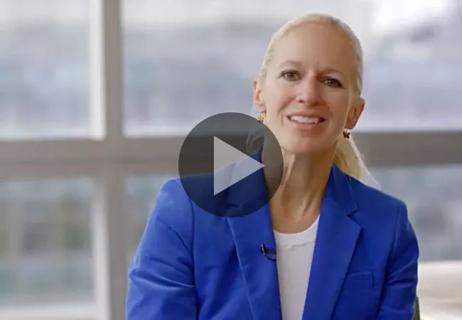Tips to try the next time you're facing a dispute with a colleague

Cleveland Clinic is a non-profit academic medical center. Advertising on our site helps support our mission. We do not endorse non-Cleveland Clinic products or services. Policy
Scott Fitzgerald once said, “The test of a first-rate intelligence is the ability to hold two opposed ideas in the mind at the same time, and still retain the ability to function.”
Based on these words, nature may have given me a second-rate intelligence. I often find myself in conflict-management situations where I need to thoughtfully consider my perspective along with opposing opinions. However, I am painfully aware that my limbic system and prefrontal cortex often go a bit haywire. My heart races, blood rushes to my head and my jaw tenses. I feel vulnerable and nervous. I automatically start thinking of my defense, why the other person is wrong, or my mind goes completely blank. Historically, this would not lead to a productive end.
Since beginning my mindfulness practice 10 years ago, I notice I am better able to regulate my over-reactive sympathetic nervous system. I observe my physical, emotional and cognitive reactions (they have not miraculously disappeared), but they no longer short-circuit my brain. I am able to opt for a more adaptive response to the situation.
The literature supports my experience. Mindfulness skills have been shown to help with conflict management by:
Below are some practical tips for applying mindfulness skills for conflict management:
So, the next time you find yourself facing a conflict management opportunity, consider slowing down, noticing your automatic reactions, and try using one or two of the above tips. While nature may have given some of us “second-rate” intelligence, mindfulness can help give us a raise!

Cardiologists offer professionals guidance for better sleep

Reduce stress by adopting mindfulness as a way of life

Our Chief Experience Officer explains

A Q&A with sports medicine physician Dominic King, DO

Reflections on providing all patient care with the same respect

It doesn't have to be the "new normal"

3 Women's Professional Staff Association members field this question

Benevolence and nonmaleficence in self-disclosure